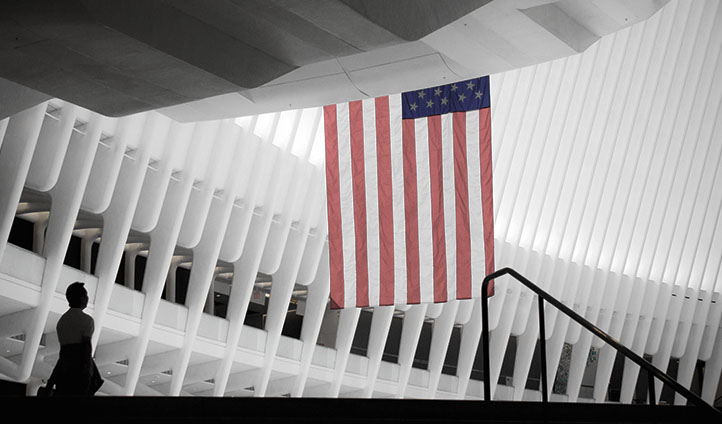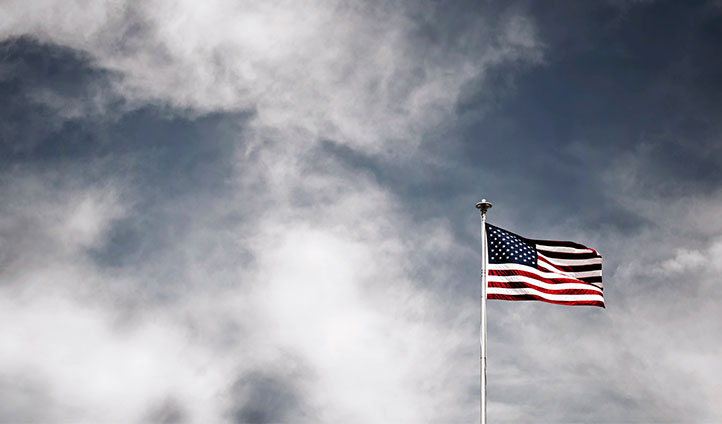Menu
Hot-Topics
February 5, 2026 | SCOTUS Decision in Bowe v. United States Is First of the 2026 Term
Month: January 2019

Unanimous Court Rules Confidential Sales Can Invalidate Patent as Prior Art
In Helsinn Healthcare S.A. v Teva Pharmaceuticals USA Inc., 586 U. S. ____ (2019), the U.S. Supreme Court unanimously held that a commercial sale to a third party who is required to keep the invention confidential may place the invention “on sale�...

Murdock v Pennsylvania and the Free Exercise Clause
In Murdock v Pennsylvania, 319 U.S. 105 (1943), the U.S. Supreme Court struck down a municipal ordinance that taxed the door-to-door sale of religious merchandise. According to the divided Court, such a tax violated the First Amendment’s Free Exer...

Stokeling v United States: Divided Court Rules Necklace Snatching Is Violent Felony Under ACCA
In Stokeling v United States, 586 U.S. ____ (2019), the U.S. Supreme Court held by a vote of 5-4 that the Armed Career Criminal Act’s (ACCA) elements clause encompasses a robbery offense that, like Florida’s law, requires the criminal to overcom...

Cohen v California — Freedom of Expression Protects Offensive Words
In Cohen v California, 403 U.S. 15 (1971), the U.S. Supreme Court held that the First Amendment prohibits states from criminalizing the public display of a single four-letter expletive, without a more specific and compelling reason th...

SCOTUS (Minus Justice Ginsburg) Hears Oral Arguments in Six Cases
Justice Ruth Bader Ginsburg missed oral arguments this week as she recovers from surgery to remove cancerous growths from her lungs. She will, however, still participate in the cases by reading the briefs and transcripts of oral arguments. The re...

Cohen v. California — Freedom of Expression Protects Offensive Words
In Cohen v. California, 403 U.S. 15 (1971), the U.S. Supreme Court held that the First Amendment prohibits states from criminalizing the public display of a single four-letter expletive, without a more specific and compelling reason t...

US Supreme Court Kicks off 2019 with Oral Arguments in Five Cases
The U.S. Supreme Court had a busy first week of the year as the justices returned to the bench to kick off 2019. The week’s oral arguments included two high-profile copyright cases. Below is a brief summary of issues before the Court last week:...
- 1
- 2
Previous Articles
SCOTUS Rules State Can’t Immunize Parties from Federal Civil Liability
by DONALD SCARINCI on January 29, 2026
In John Doe v. Dynamic Physical Therapy, LLC, 607 U.S. ____ (2025) the U.S. Supreme Court held that...
Supreme Court to Address Racial Discrimination in Jury Selection
by DONALD SCARINCI onWhile the U.S. Supreme Court has concluded oral arguments for the year, it continues to add cases t...
Supreme Court Halts Deployment of National Guard to Chicago
by DONALD SCARINCI on
In Trump v. Illinois, 607 U.S. ____ (2025), the U.S. Supreme Court refused to stay a district court...
The Amendments
-
Amendment1
- Establishment ClauseFree Exercise Clause
- Freedom of Speech
- Freedoms of Press
- Freedom of Assembly, and Petitition
-
Amendment2
- The Right to Bear Arms
-
Amendment4
- Unreasonable Searches and Seizures
-
Amendment5
- Due Process
- Eminent Domain
- Rights of Criminal Defendants
Preamble to the Bill of Rights
Congress of the United States begun and held at the City of New-York, on Wednesday the fourth of March, one thousand seven hundred and eighty nine.
THE Conventions of a number of the States, having at the time of their adopting the Constitution, expressed a desire, in order to prevent misconstruction or abuse of its powers, that further declaratory and restrictive clauses should be added: And as extending the ground of public confidence in the Government, will best ensure the beneficent ends of its institution.
Awards





